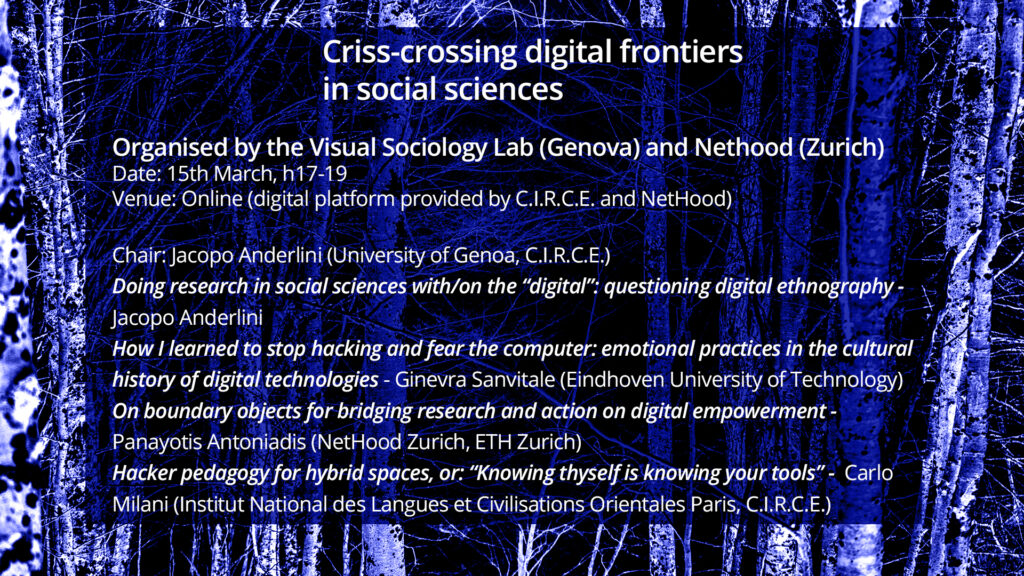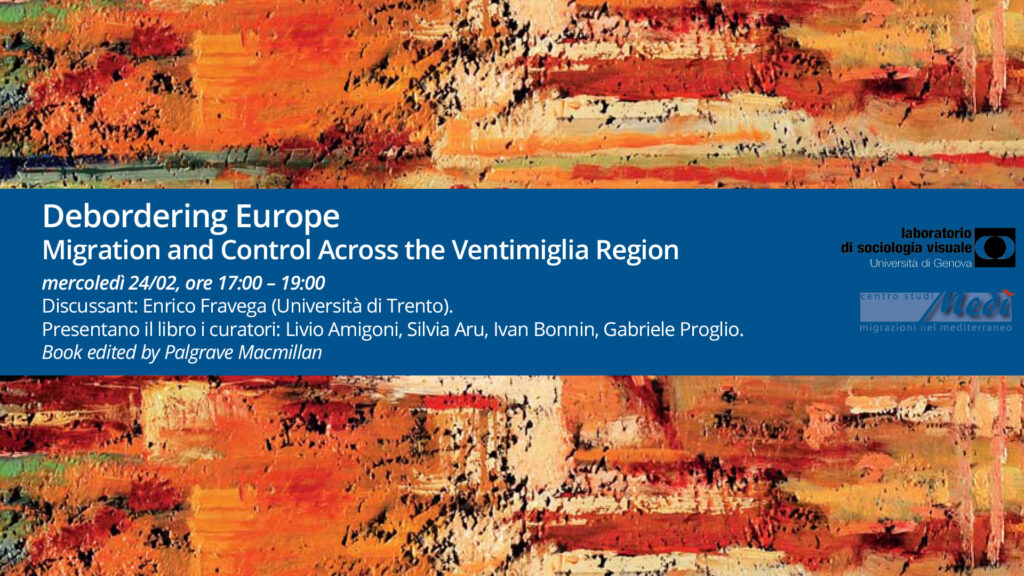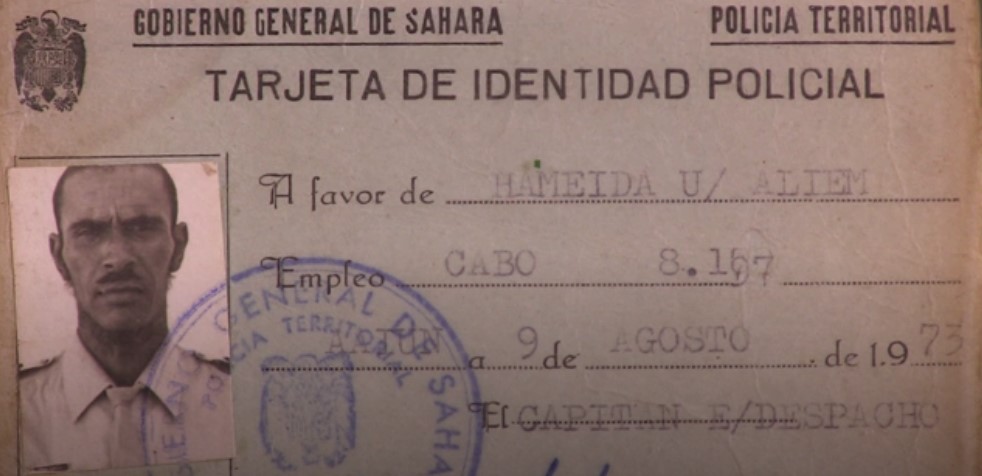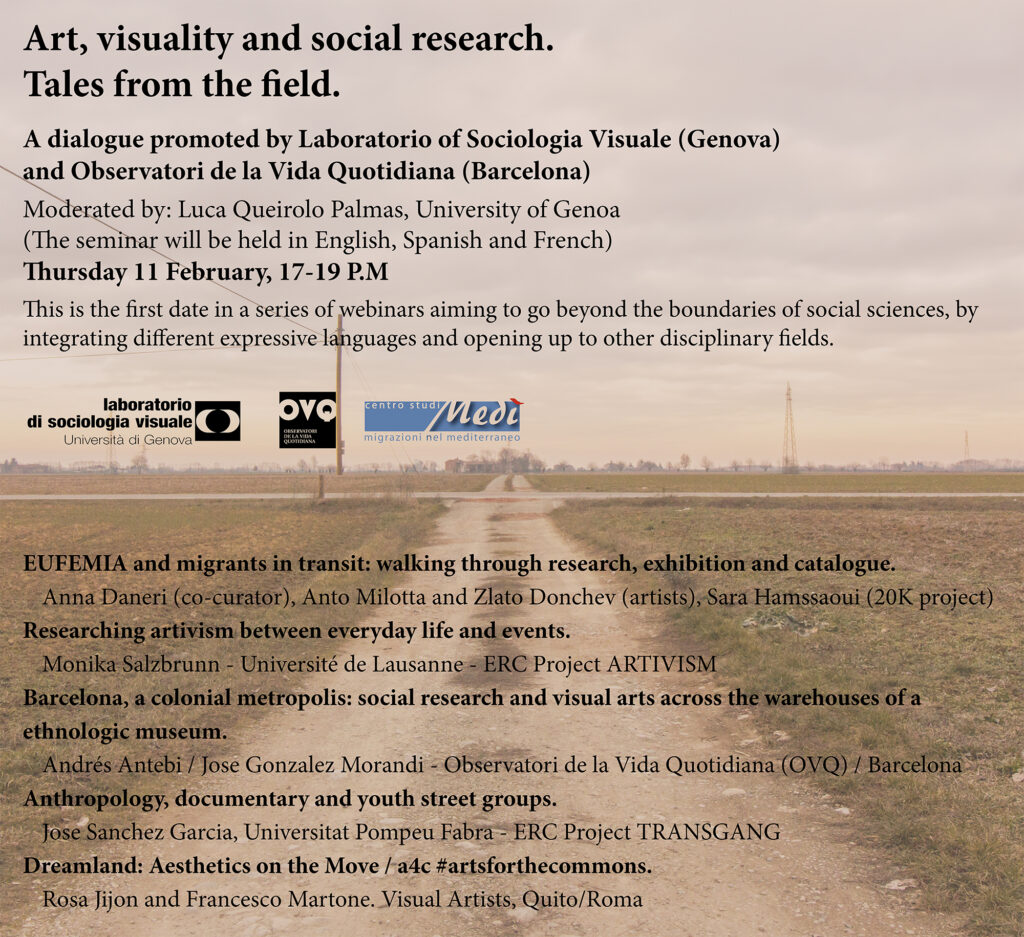Criss-crossing digital frontiers in social sciences (online workshop, 15.03.2021, 17:00-19:00, co-organised with NetHood)

Abstract
The second of a cycle of seminars which aims to extend the boundaries of the social sciences by integrating other languages and fields of knowledge. In order to attend, please register sending an e-mail to jacopo.anderlini [ at ] edu.unige.it before the 3rd of March.
Date: Monday, 15.03.2021 | h. 17:00 – 19:00
Location: online. Digital platform provided by C.I.R.C.E., NetHood and meet.coop
This seminar/workshop will focus on the complex relationship between social sciences, humanities, and digital technologies, focusing on the “making” of social research: which practices, ideas, perspectives on technology emerge from interactions of researchers with the field? How can we “deborder” the distinctions and roles in the research process? Exploring the technological social realm in its historical, cultural, infrastructural dimensions, the seminar aims to explore appropriate methodologies in digital social research as a set of situated tactics to overcome social boundaries and positions in the field.
Participants at the workshop will be actively involved in the conversation and experimentations with digital tools. For this reason, we kindly ask you to register to the event, up to the 3rd March, sending an e-mail to: jacopo.anderlini [ at ] edu.unige.it
The event will be recorded.
Program
Chair: Jacopo Anderlini (University of Genoa, C.I.R.C.E.)
Doing research in social sciences with/on the “digital”: questioning digital ethnography
Jacopo Anderlini
How I learned to stop hacking and fear the computer: emotional practices in the cultural history of digital technologies
Ginevra Sanvitale (Eindhoven University of Technology)
On boundary objects for bridging research and action on digital empowerment
Panayotis Antoniadis (NetHood Zurich, ETH Zurich)
Hacker pedagogy for hybrid spaces, or: “Knowing thyself is knowing your tools”
Carlo Milani (Institut National des Langues et Civilisations Orientales Paris, C.I.R.C.E.)
border, cultural history, digital, digital ethnography, hacker pedagogy, organic internet, STS





